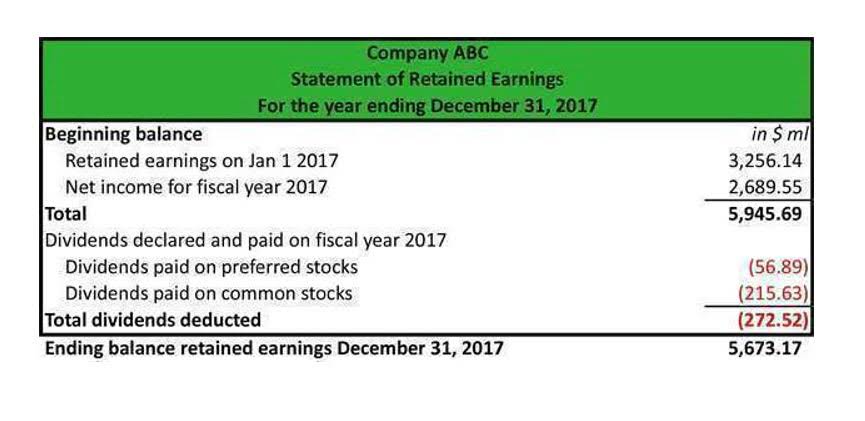Content

A bookkeeper is someone who produces your accounts and documents daily financial transactions. Bookkeeping help aims to show you where your business stands financially at the moment, and is where accountants look into the bigger picture of your business’ financial health. Good bookkeeping or accounting software should be in your kit of small business accounting tools. With the rise in virtual bookkeeping and other types of online bookkeeping services, small businesses need to keep up with the latest technology. The adjusting entries will require a person to determine the amounts and the accounts.
The history of bookkeeping, in fact, closely reflects the history of commerce, industry, and government and, in part, helped to shape it. Choose a bookkeeping software that posts summarized financial statements and attributes all your sales and fees to your bookkeeping system. This will ensure that, as your business scales, your books will always be tidy and accurate.
Accounting software
Department of Labor’s Occupational Handbook, some of the most in-demand accounting jobs include comptroller, accounting manager, senior tax accountant, and internal auditors. When a bookkeeper wants to leap to being an accountant, they will need to take the CPA exam, plus earn a bachelor’s degree What is the Difference Between Bookkeeping and Accounting (most of the time), if they do not have one already. Fifty states plus the District of Columbia require accountants to earn 150 credit hours of college education before taking the national four-part Uniform CPA exam. Bookkeepers often get paid hourly wages rather than annual salaries.
Long-term liabilities have a maturity of greater than one year and include items like mortgage loans. Very small businesses may choose a simple https://accounting-services.net/accounting-services-and-bookkeeping-services/ system that records each financial transaction in much the same manner as a checkbook. Businesses that have more complex financial transactions usually choose to use the double-entry accounting process. An accountant usually generates the trial balance to see where your business stands and how well your books are balanced. Imbalances between debits and credits are easy to spot on the trial balance.
Take the confusion out of bookkeeping
Not only does it cover this, but accounting also reviews financial reporting and performance, then reports back to the relevant people with this information. Business owners, shareholders, investors and many others depend on these financial reports for updates on its performance and overall success. After all of the adjustments were made, the accountant presented the adjusted account balances in the form of financial statements. Second, ignoring bookkeeping makes paying your taxes more complicated.
Is bookkeeping the same as journal entry?
A journal entry is a record of a business transaction in your business books. In double-entry bookkeeping, you make at least two journal entries for every transaction. Because a transaction can create a lot of changes in a business, a bookkeeper tracks them all with journal entries.
“When doing tax bookkeeping for your Shopify business, it’s not enough just to record the sales. “This is no small task without the help of an app, connector, or integration. If you were working with an in-house or remote bookkeeper, you’d probably be in touch with them to check on your books on a monthly basis. As a DIY-er, you should make a plan to sit down and commit some time on a monthly basis to keeping your books in order. On a day-to-day basis, you might need to make decisions about when to buy something, or how much to spend on your business.
Abbreviations used in bookkeeping
Bookkeepers may start working for a small business to gain experience and then go back to school for a degree in accounting or finance. Enrolling in one of the best online bookkeeping classes is a smart way for those interested in this career to bolster their existing financial knowledge. With bookkeepers, there are a lot of minutiae involved, and keen attention to detail is paramount. Accountants, on the other hand, tend to use the bookkeeper’s inputs to create financial statements and periodically review and analyze the financial information recorded by bookkeepers.
What does the bookkeeper do?
Bookkeepers are responsible for providing accurate, up-to-date financial information about a business. They're always taking the pulse of a business. Most often, their reports go to business owners and managers to help them make decisions. Some bookkeepers, however, are actually involved in strategy development.
Bookkeepers can use either single-entry or double-entry bookkeeping to record financial transactions. Bookkeepers have to understand the firm’s chart of accounts and how to use debits and credits to balance the books. The next, and probably the most important, step in bookkeeping is to generate financial statements. These statements are prepared by consolidating information from the entries you have recorded on a day-to-day basis. They provide insight into your company’s performance over time, revealing the areas you need to improve on. The three major financial reports that every business must know and understand are the cash flow statement, balance sheet, and income statement.

Comentarios recientes